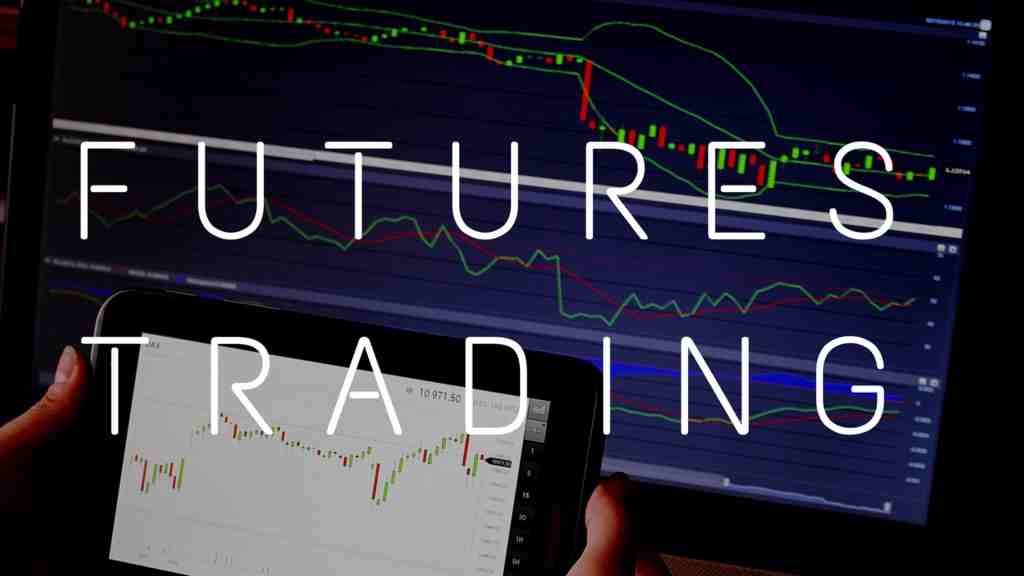 Futures trading is an investment strategy that involves the buying and selling of futures contracts. A futures contract is an agreement between two parties to buy or sell a particular asset, such as a commodity, at a predetermined price on a specific future date. It’s important to note that while futures trading can be extremely lucrative, it also carries with it some degree of risk. In this article, we’ll explore what futures trading is, how it works, and why you may want to consider getting involved in this type of investing.
Futures trading is an investment strategy that involves the buying and selling of futures contracts. A futures contract is an agreement between two parties to buy or sell a particular asset, such as a commodity, at a predetermined price on a specific future date. It’s important to note that while futures trading can be extremely lucrative, it also carries with it some degree of risk. In this article, we’ll explore what futures trading is, how it works, and why you may want to consider getting involved in this type of investing.
How Does Futures Trading Work?
Futures trading is all about predicting the future price movements of commodities and other assets. When you enter into a futures contract, you agree to buy or sell an asset at a pre-determined price at a certain date in the future. If the asset’s market value rises above your predetermined price before that date arrives, then you benefit from the difference in prices; if its market value drops below your predetermined price before that date arrives, then you lose money.
The key to successful futures trading lies in predicting which direction the market will move over time and making educated guesses about when those movements might occur. To help traders do this accurately and consistently, there are various tools available such as trend analysis software, technical indicators, and charting packages. By using these tools correctly, traders can make informed decisions about when to enter and exit trades for maximum profit potential.
Why Invest in Futures Trading?
Futures trading has several advantages over traditional investments such as stocks and bonds. For one thing, investors have more control over their investments because they are able to set their own entry and exit points for maximum profitability rather than relying on fluctuating stock prices or bond yields. Additionally, leverage is often available through futures contracts meaning that investors can potentially increase their profits without having to increase their capital investment significantly – by leveraging smartly investors can gain large returns on relatively small amounts of money invested.
The Advantages and Risks of Futures Trading
Futures trading has several advantages over other forms of investing such as stocks or mutual funds. One advantage is that it allows for more leverage than other forms of investing since only a small portion (called margin) needs to be put up in order to open a position. Another advantage is that there are generally lower fees associated with futures contracts than with stocks or mutual funds.
However, with these benefits come risks as well. Because futures contracts involve leveraged investments (where only a small portion needs to be put up), there is a greater potential for losses if the market moves against your position. Additionally, because of their leveraged nature, futures contracts require more sophisticated analysis before entering into them since any small move in prices can have large impacts on your overall position value due to leverage. Finally, because they involve betting on future prices rather than owning actual assets directly, there can be significant volatility in prices which makes predicting future outcomes difficult at best and impossible at worst.
Finally because many markets offer round-the-clock trading opportunities investors are able to take advantage of market movements any time day or night – giving them greater flexibility when managing their portfolios than would be possible with traditional investments like stocks alone.
Conclusion:
In conclusion, futures trading has some great benefits compared to traditional investments like stocks and bonds – most notably increased control over investments due to being able to set entry/exit points; leverage opportunities which allow investors to increase profits without increasing capital; 24 hour markets allowing greater flexibility when managing portfolios; and diversification opportunities across different asset classes which reduce overall portfolio risk levels over time.

